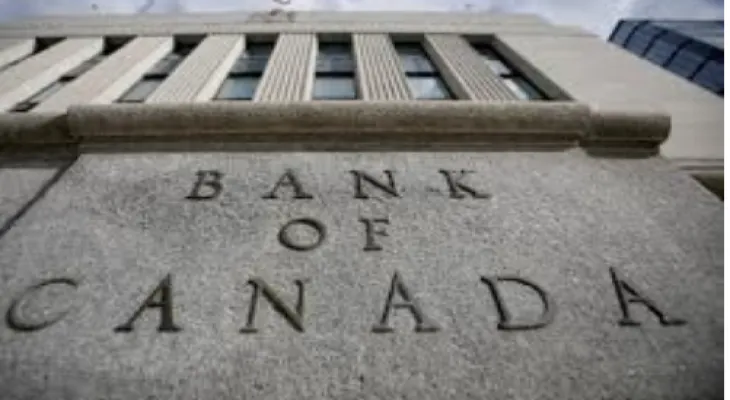Search here
Newspaper
Search here

Arab Canada News
News

Published: July 4, 2022
Two new reports from the Bank of Canada indicate rising inflation expectations among Canadian businesses and consumers.
In a business outlook survey released Monday, the central bank said that businesses' near-term inflation expectations have increased, and companies expect inflation to remain high for longer than they did in the previous survey.
The bank said in its report that businesses expect wages and prices to grow at a faster pace.
The report indicated that an increasing number of businesses point to the rising cost of living as an important driver of wage growth.
That is, nearly half of businesses expect wage increases to remain above pre-pandemic levels over the next 12 months.
The report also said businesses expect sales growth to begin to slow down and return to normal after the rapid recovery from the pandemic.
The report pointed out that there is still a labor shortage and supply chain bottlenecks, which are among the main issues, with supply chain problems taking longer to resolve than previously expected, according to the report.
In response, the business outlook survey said companies are reshaping supply chains and holding more inventory than usual, and the majority of businesses plan to invest and hire more.
However, the Bank of Canada said that long-term inflation expectations by businesses remain stable between 2 and 3 percent.
Meanwhile, the Bank of Canada's Canadian consumer outlook survey indicates that consumer inflation expectations have also risen amid concerns about food, gas, and rent prices.
The consumer report also mentioned that expectations of higher inflation and rising interest rates affect consumer confidence.
The bank noted that low-income Canadians and older individuals care more about grocery prices and rents than younger respondents and higher-income households.
It added that consumers, especially those with low incomes, are coping with high inflation by cutting spending, postponing major purchases, and looking for discounts and cheaper alternatives.
The report mentioned that "some consumers mentioned adhering to a strict grocery budget by buying more generic products or not purchasing less important goods. Some rely more on gardening for food or use cheaper forms of transportation, such as cycling."
However, the report also found that most respondents believe the Bank of Canada has the credibility and tools to control inflation again, and their faith in the bank’s ability to achieve the inflation target has not changed significantly since before the pandemic.
Statistics Canada reported last month that the annual inflation rate for May rose to 7.7 percent, its highest level since 1983.
The Bank of Canada has been raising the target key interest rate in an attempt to bring inflation back to its 2 percent target.
The central bank has raised interest rates three times so far this year, bringing the key interest rate to 1.5 percent. The next interest rate decision is set for July 13, and many private sector economists expect the Bank of Canada to raise the key interest rate by three-quarters of a percentage point.
Comments